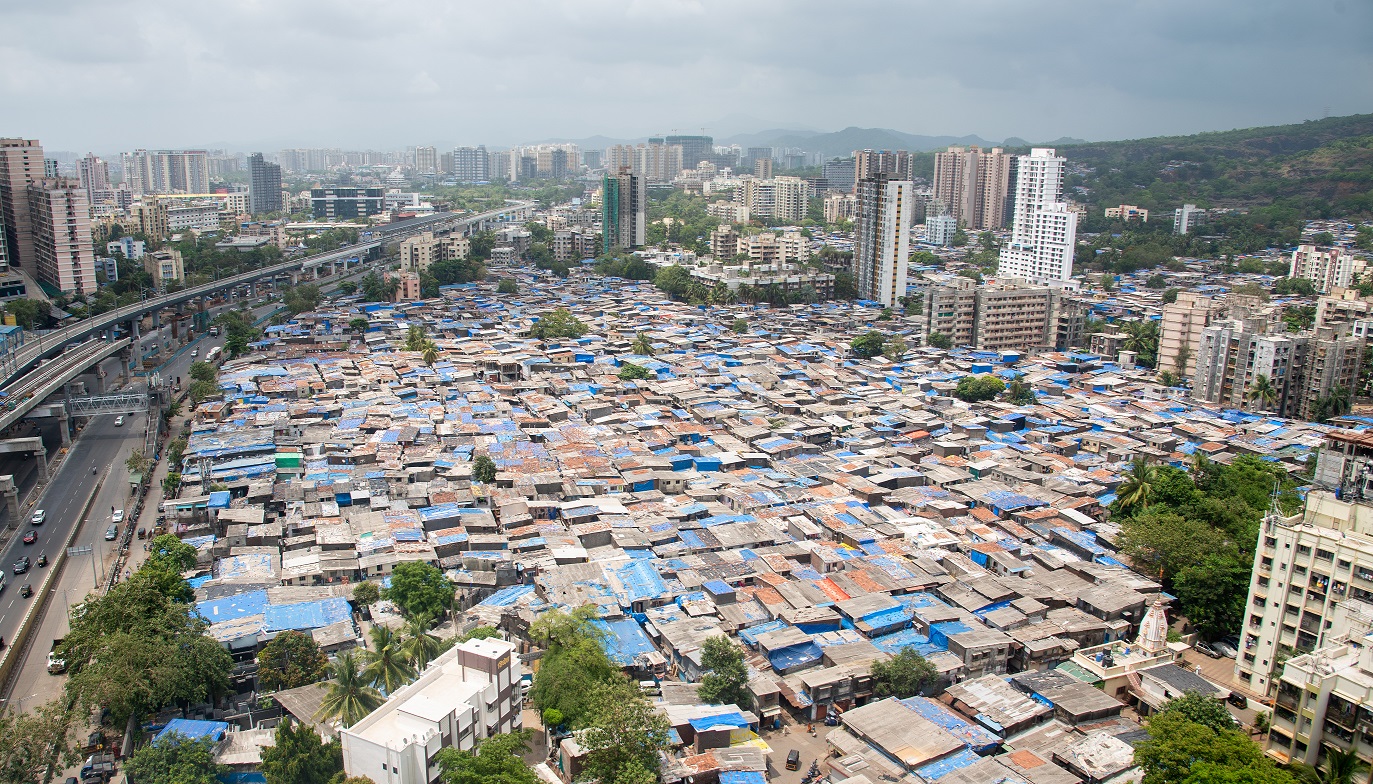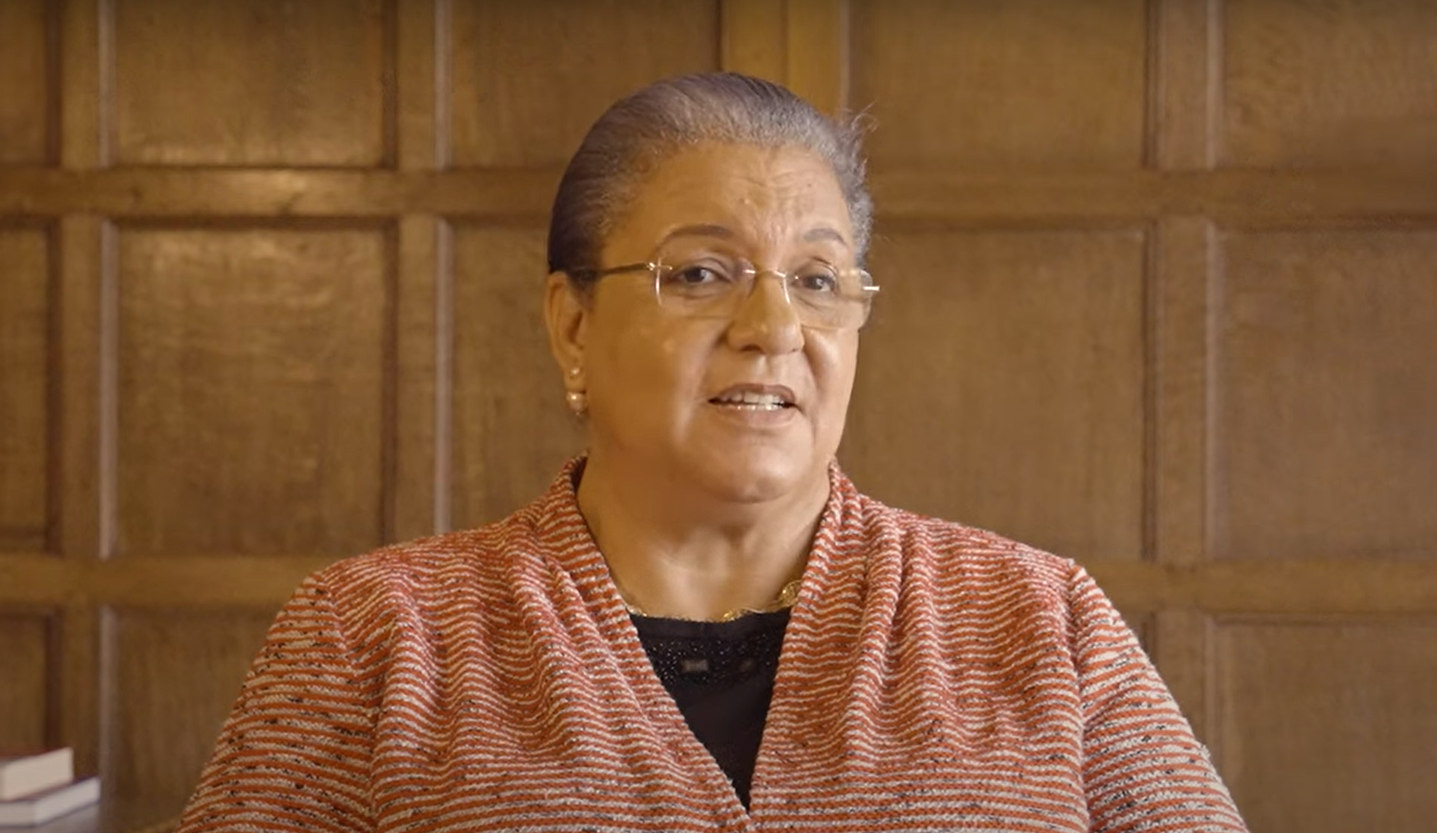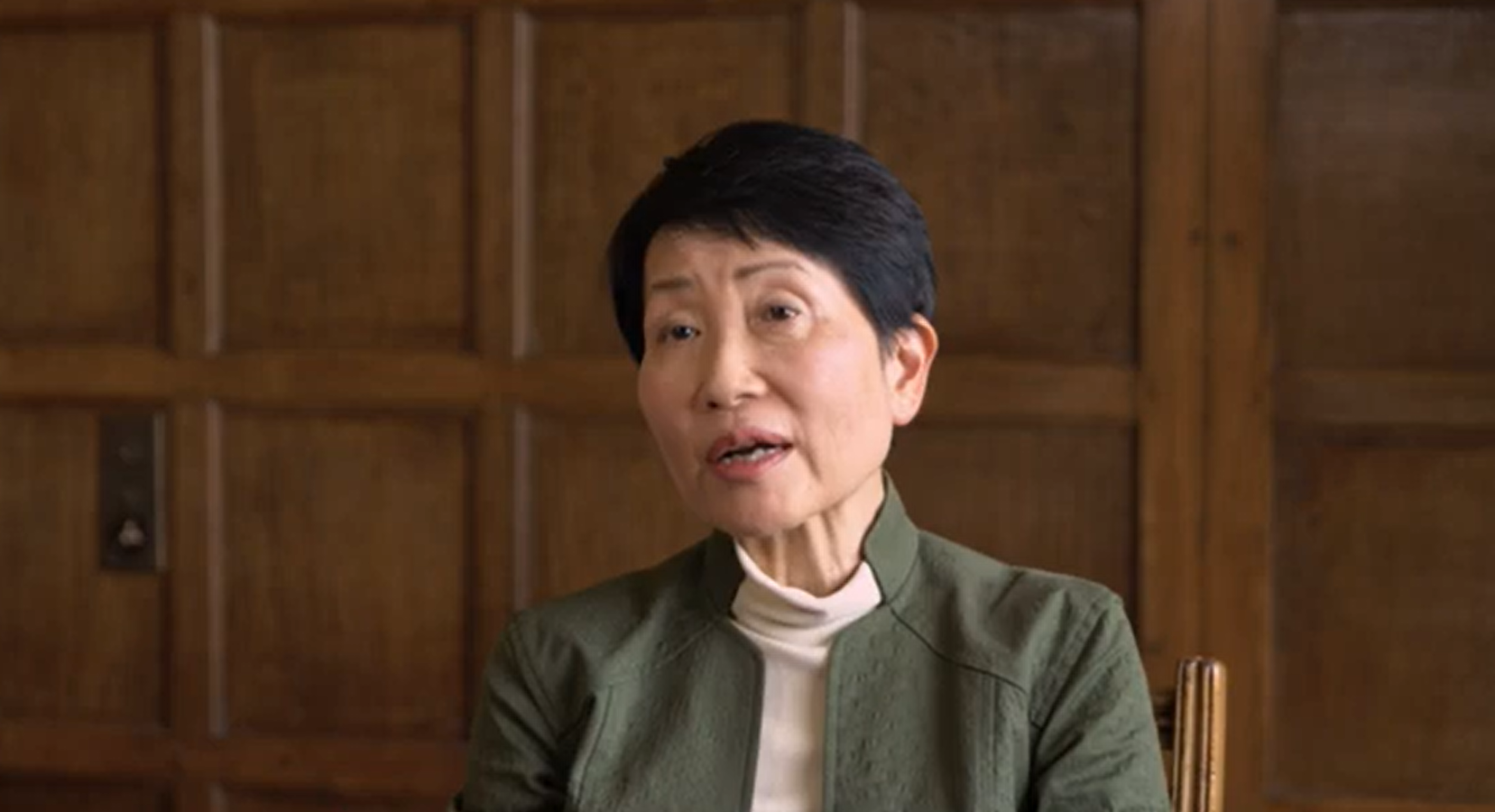This conference discussed the following points:
- What needs to be done to strengthen Indonesia’s governance, economy and social development to enable it to address effectively domestic and international challenges, including maintaining its cohesion and inclusiveness, sustaining economic growth, tackling inequality and corruption, protecting its vulnerability to climate change and managing disaster risk?
- How can Indonesia play a greater role in effecting change internationally?
Indonesia is a member of key international bodies, including the Group of 20 (G20), the Non-Aligned Movement (NAM), the Organisation of the Islamic Conference (OIC) and the Association of South East Asian Nations (ASEAN), in which it is seen as the predominant power. It withstood the global economic crisis with continued, if slower, growth, and President Susilo Bambang Yudhoyono won a second term of office when presidential, and parliamentary, elections took place in 2009. Indonesia is keen to play a larger global role. Yet does it have the necessary domestic underpinnings to be a regional power with a global impact?
Key points:
- Indonesia would like to be recognised as a place where democracy and Islam co-exist, but not as a Muslim democracy.
- While the international community has high expectations of Indonesia’s role in global issues, some question whether Indonesia should more appropriately concentrate on tackling domestic challenges, such as sustaining and improving economic growth and competitiveness, and reducing poverty, rather than look to assume a significant role internationally.
- There is a need to bridge the gap between capability, or capacity, and aspiration. Some suggest Indonesia should limit its involvement in international affairs to a few issues, on which it could make a real difference, rather than spread itself too thinly. In this respect, it could focus on the Asian region, initially at least.
- Greater coordination in Indonesia’s foreign policy is needed, and on the domestic front the government needs to see policy through consistently, with better executive management and accountability.
- If Indonesia is to realise its potential to become a major economy, it needs to commit in a consistent and sustained manner to opening its market and pursuing liberalisation measures.
- Strenthening governance and institutions in Indonesia, and focusing on outcomes, would help to deliver the public services needed for inclusive development in all parts of the country.












